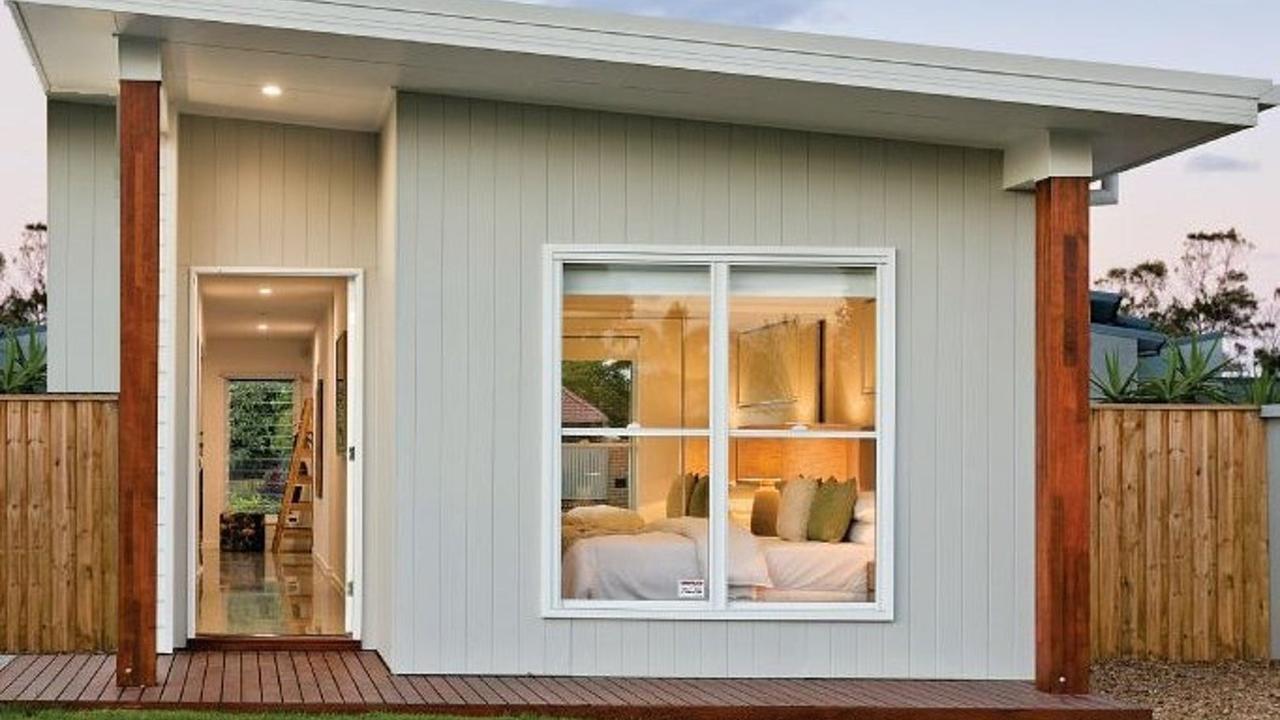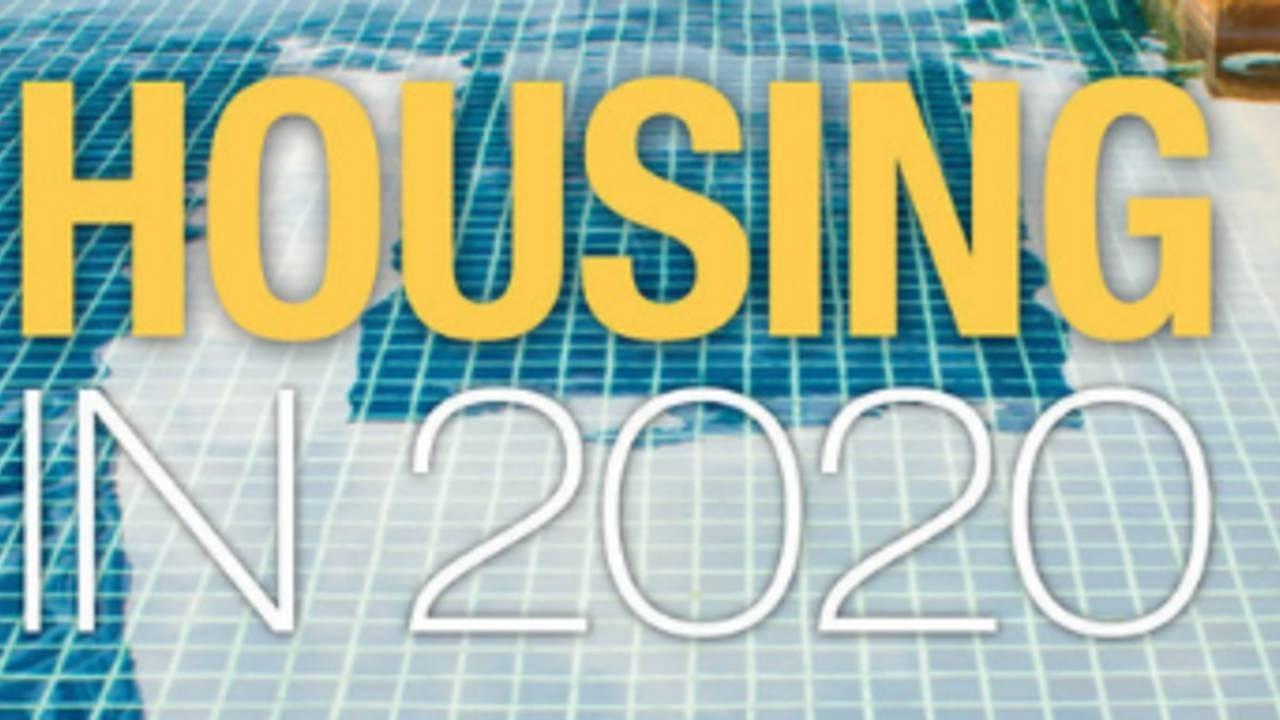Blog
Stay up to date with all the latest community association industry news. Subscribe to this blog and receive notifications of new posts by email here
Investigating Suspicious Financial Activity in Your HOA

By Joe Garza, CPA
Today, a homeowner’s association’s (HOA) board of directors depends on technology to store contracts, banking information, and other confidential documents. Unfortunately, while digitization increases efficiency, it also intensifies the potential for fraud and theft of community funds. Even with checks and balances, like collective oversight of a community’s financials from board members and community managers, an association’s money can still be at risk.
Managing an association’s account manually and collectively elevates the opportunity for mistakes to happen, making it crucial to differentiate human error versus ill intent. While it’s a board’s fiduciary duty to protect the financial health of its HOA, board members must also remain respectful, objective, and observant. If you see something, do something. Here are steps for investigating suspicious financial activity that may be going on in your HOA and tips for protecting your association’s finances.
UNDERSTAND...
‘Not in My Backyard’?

Not anymore. New law gives property owners the right to build second homes on their properties.
By Lisa Esposito
To Increase Affordable housing in California, Governor Newsom signed legislation that encourages homeowners to convert their garages into living spaces and build small dwelling units in their backyards as low-income rentals. On January 1, 2020, new laws went into effect voiding restrictions in planned developments that would prevent the construction of granny flats and the conversion of garages into rental units.
From the Homeowner's Perspective, California's New Laws:
- make available an affordable type of home to construct in California because they do not require paying for land, major new infrastructure, structured parking or elevators
- can provide a source of income for homeowners
- allow extended families to be near one another while maintaining privacy
- can provide as much living space as many condominiums; and they’re well-suited for couples, small families, friend ...
When Mental Illness Issues Intersect with Harassment Claims

By Melissa Bauman Ward, Esq.
WHEN IS A common area disturbance more than a passing nuisance? When a person who is mentally ill engages in harassing behavior toward others, thus elevating a simple argument into a fair housing claim. As with any situation where competing rights are involved, managing these situations requires a detailed analysis of what rights and obligations are in play and the best way to respond to the various needs while protecting the association from liability.
IS MENTAL ILLNESS A DISABILITY THAT REQUIRES REASONABLE ACCOMMODATION?
As a "housing provider" under fair housing laws, an HOA must provide reasonable accommodations to disabled persons. A mental illness or impairment constitutes a disability if the condition "substantially limits one or more major life activities (e.g., caring for oneself, speaking, learning, working); or the person has a record of such an impairment; or the person is regarded as having such an impairment.1 For our purposes, the covered...
Housing in 2020

By Nick Berg, CMCA, AMS, PCAM
In the Fall 2020 issue of the Communicator, we discuss housing in 2020. Despite softening rental and housing prices due to the pandemic, the Bay Area remains one of the most desirable and unaffordable housing markets in the country.
Faced with housing unaffordability, some families have built granny or in-law units, also known as accessory dwelling units (ADUs), on their property. ADUs can increase density and further burden HOA amenities such as pools, clubrooms and parking. Nevertheless, Governor Newsom, citing the need to increase affordable housing in California, recently signed legislation that voids most HOA restrictions preventing the creation of ADUs.
Many community associations have recreational amenities such as clubrooms, swimming pools and roof decks. We review some of the laws that apply to these amenities. We will also share some best practices for setting rules and polices regarding their operation, as well as enforcement strategies.
Wh...
Marijuana in HOAs

BEFORE RECREATIONAL AND expanded medicinal use of cannabis products became legal in California, handling issues related to cannabis was relatively easy: since its use was largely illegal, associations typically prohibited all cannabis products, except for limited exceptions for medicinal use. Now that use of cannabis products is legal for adults in California, associations are forced to consider new interpretations of existing restrictions.
This article looks at ways HOAs can approach effective enforcement of existing restrictions pertaining to smoking, nuisance and disability accommodations in the context of use of cannabis products.
SMOKE IS SMOKE IS SMOKE
Regulating smoking has always been a challenge for HOAs. Common area components including ducts and vents can allow smoke and vapor of all kinds to travel from the separate interests onto the common area or other units. In condominium projects particularly, association complicity in allowing smoke to tr...
